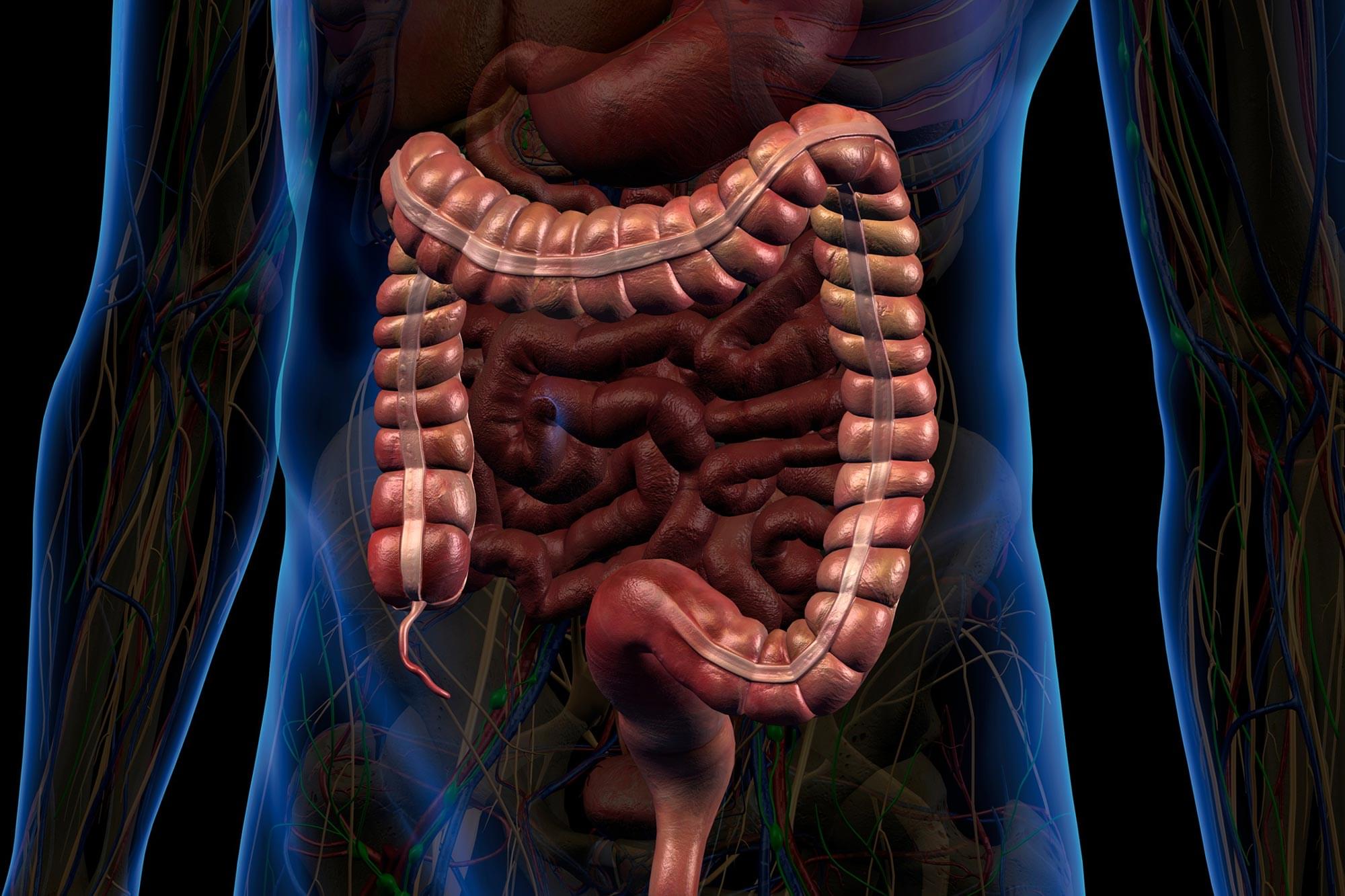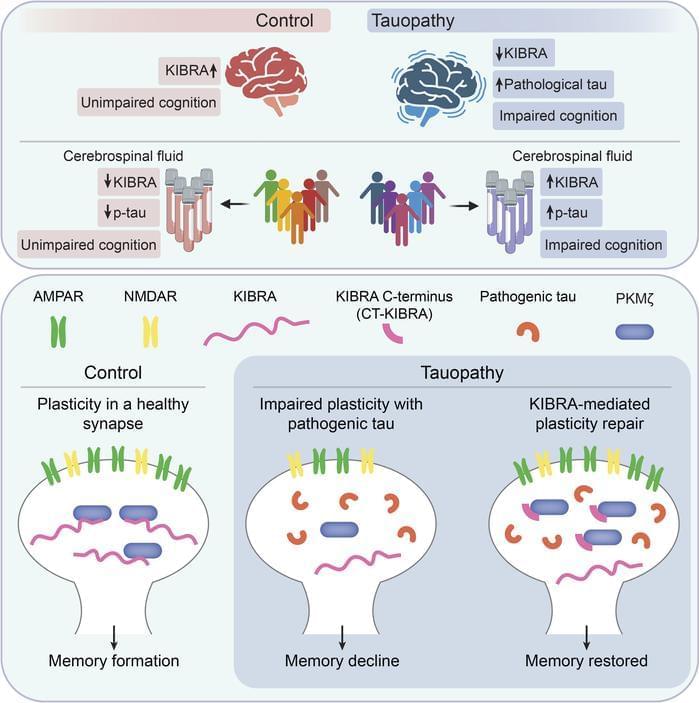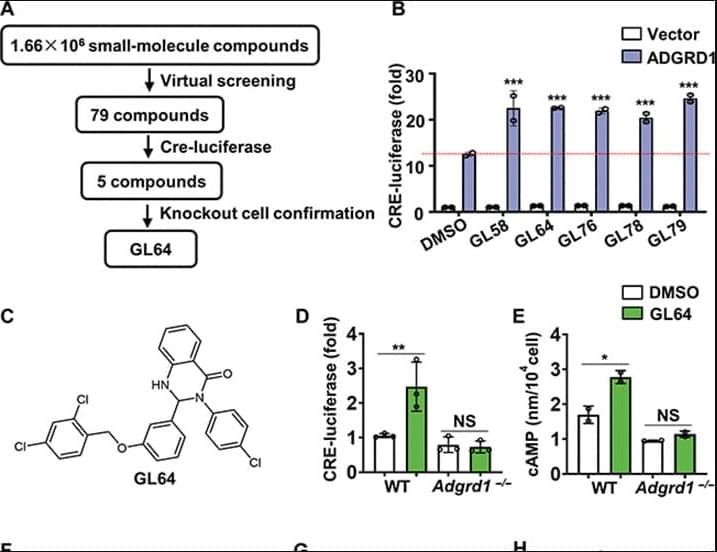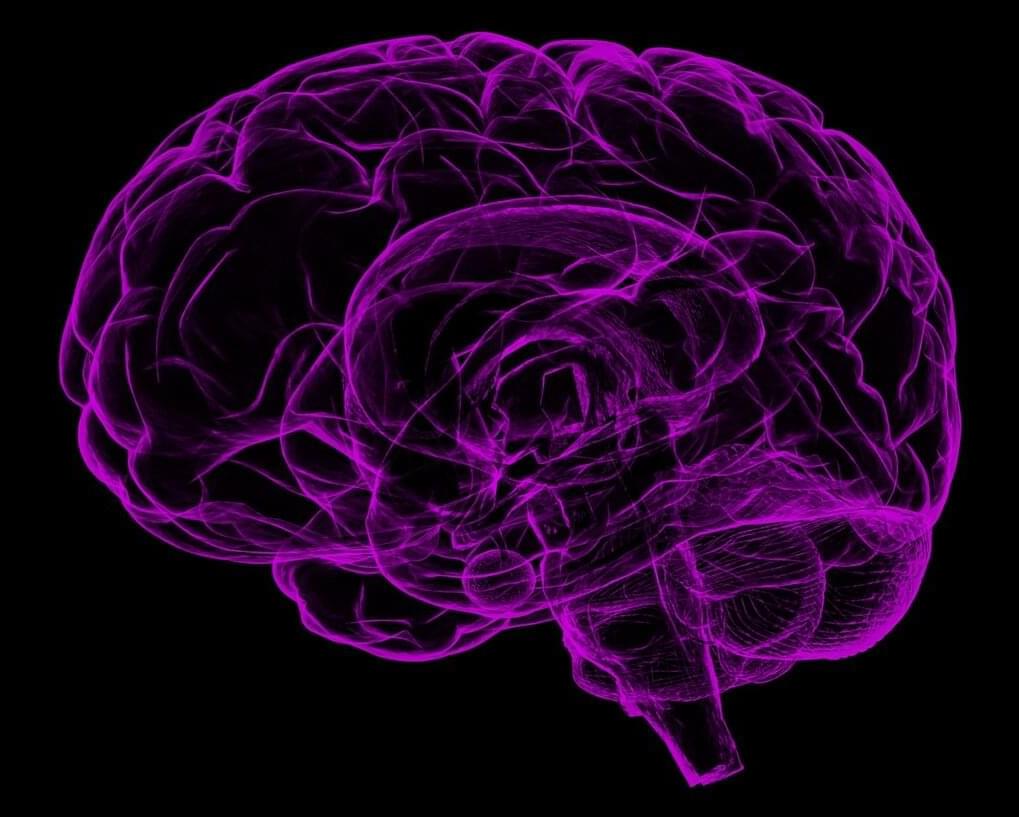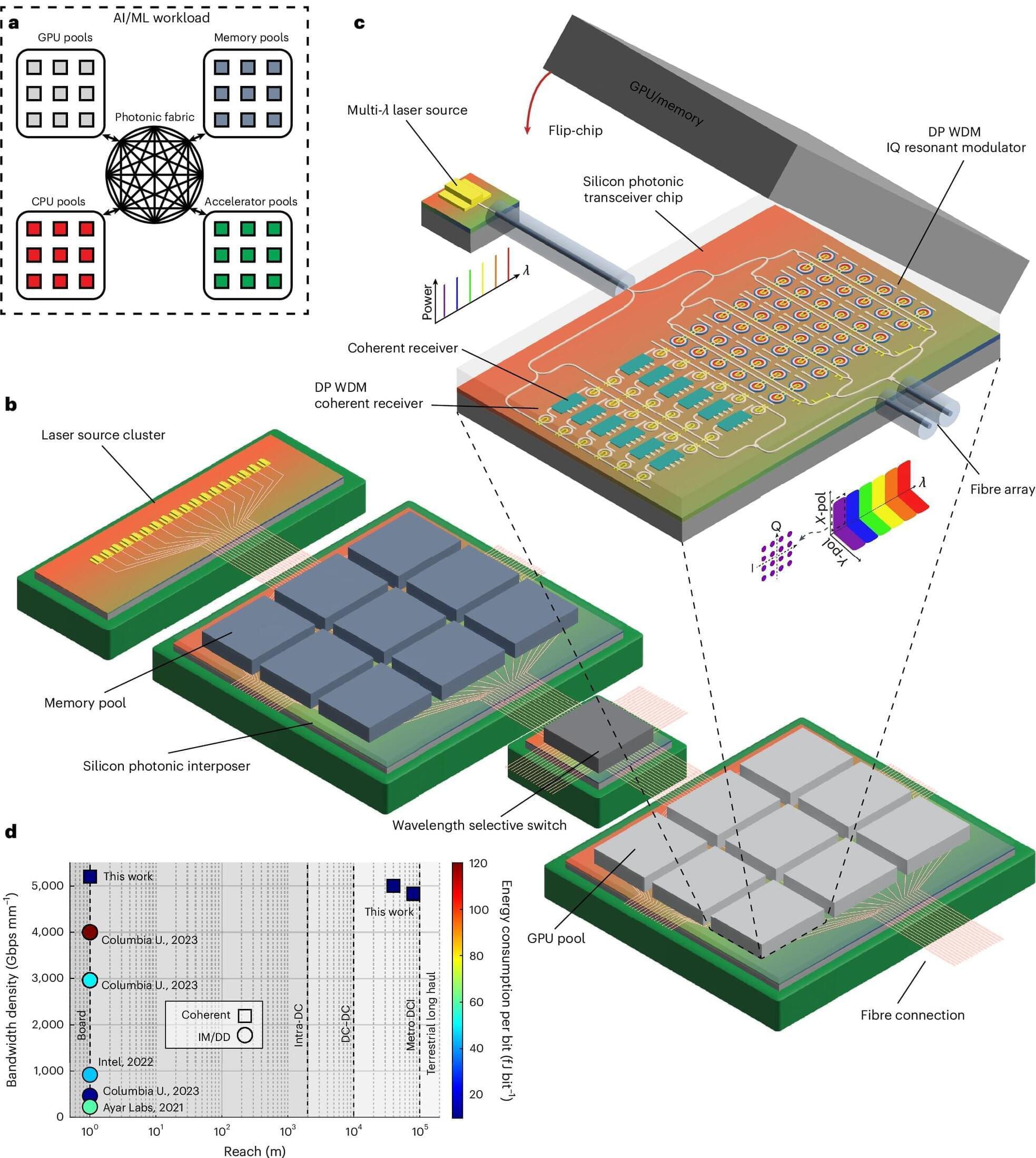Researchers are gaining a deeper appreciation for the critical role the gastrointestinal (GI) tract plays in maintaining overall health. Beyond its primary responsibilities in digestion, the GI system contributes to the production of hormones, immune cells, and neurotransmitters that influence brain function and emotional well-being.
Because of this, the GI tract contains a wide array of biomarkers that are valuable for diagnosing, tracking, and managing disease—from short-chain fatty acids associated with metabolic syndrome to cytokines linked to inflammation.
However, current technologies fall short when it comes to capturing this biochemical information directly from the GI tract. Existing methods, such as fecal sampling and tissue biopsies, are often invasive, costly, and unable to deliver continuous or comprehensive real-time data throughout the length of the digestive system.
